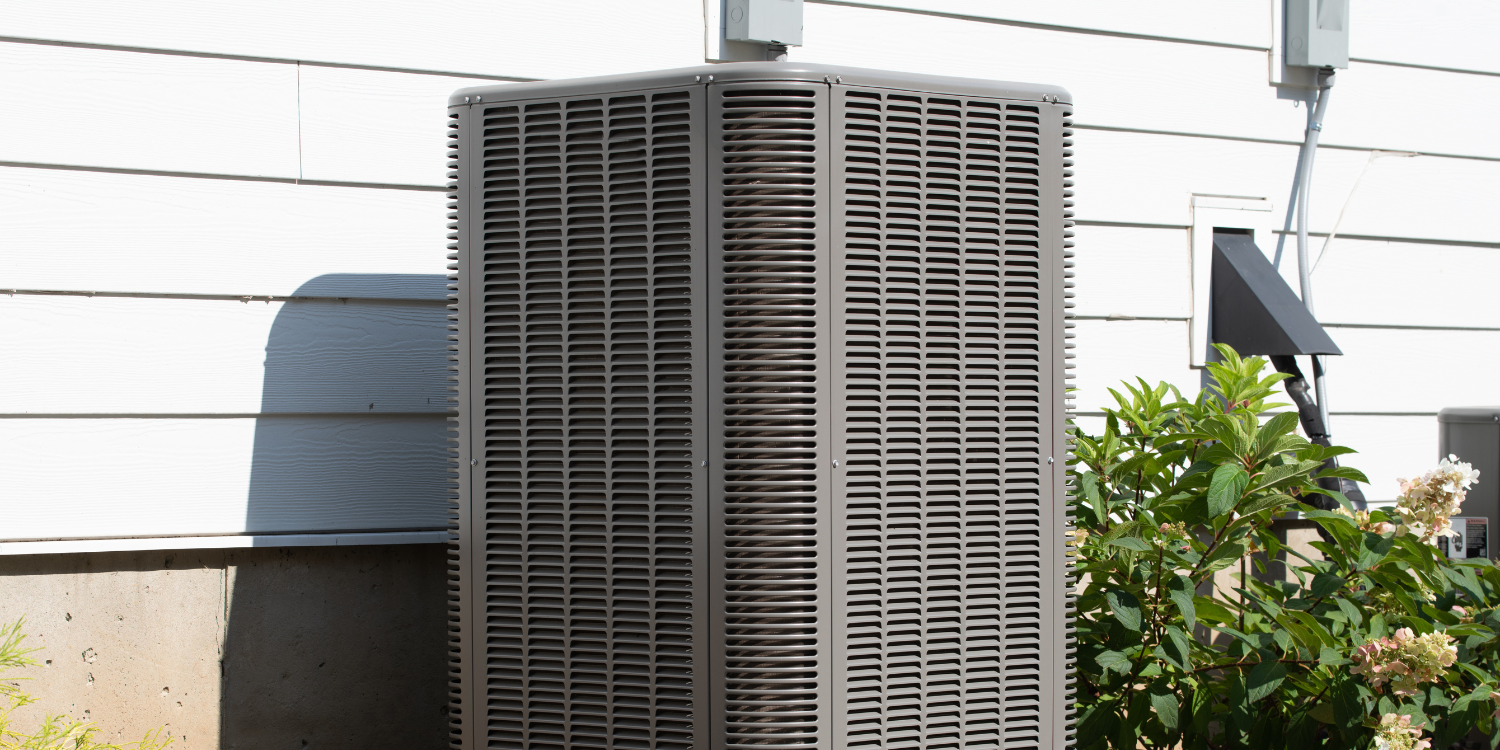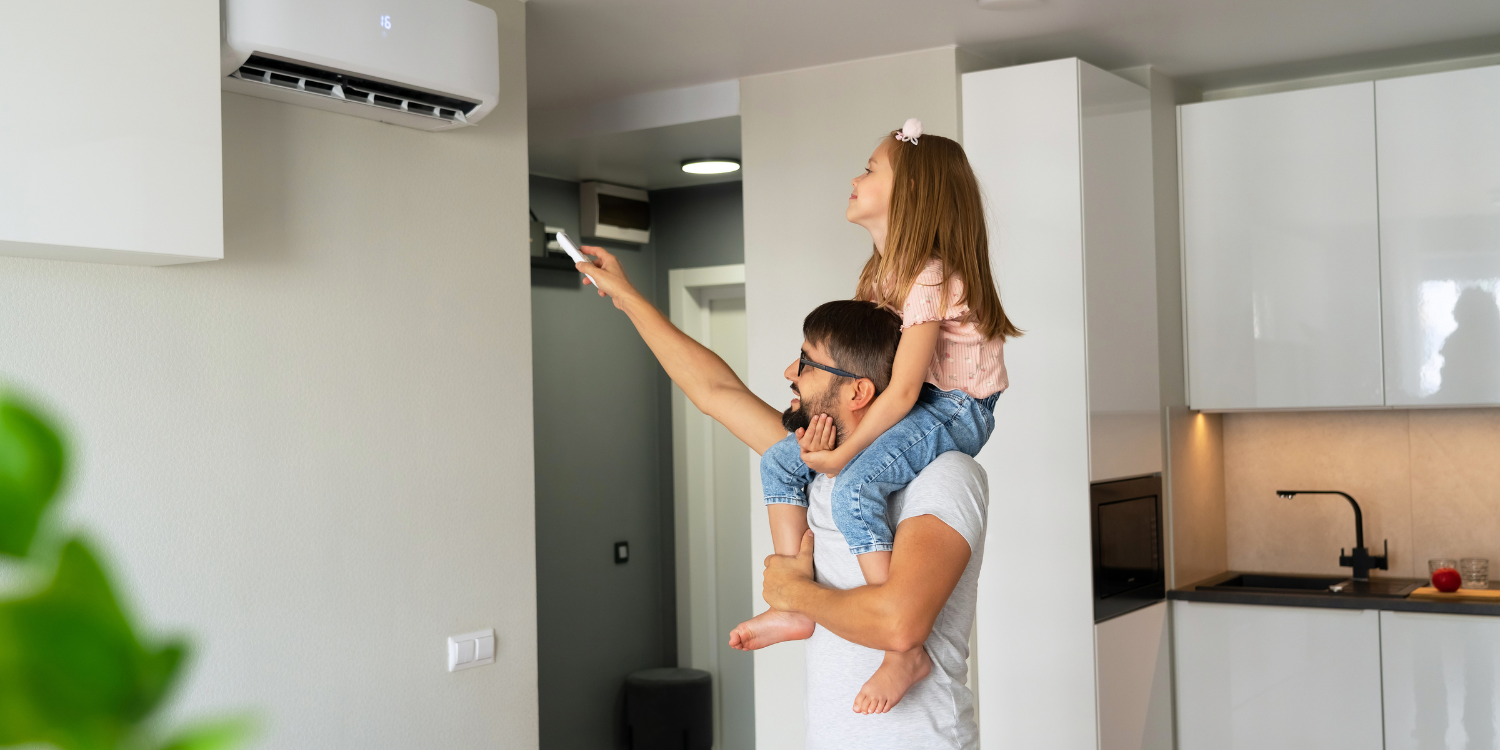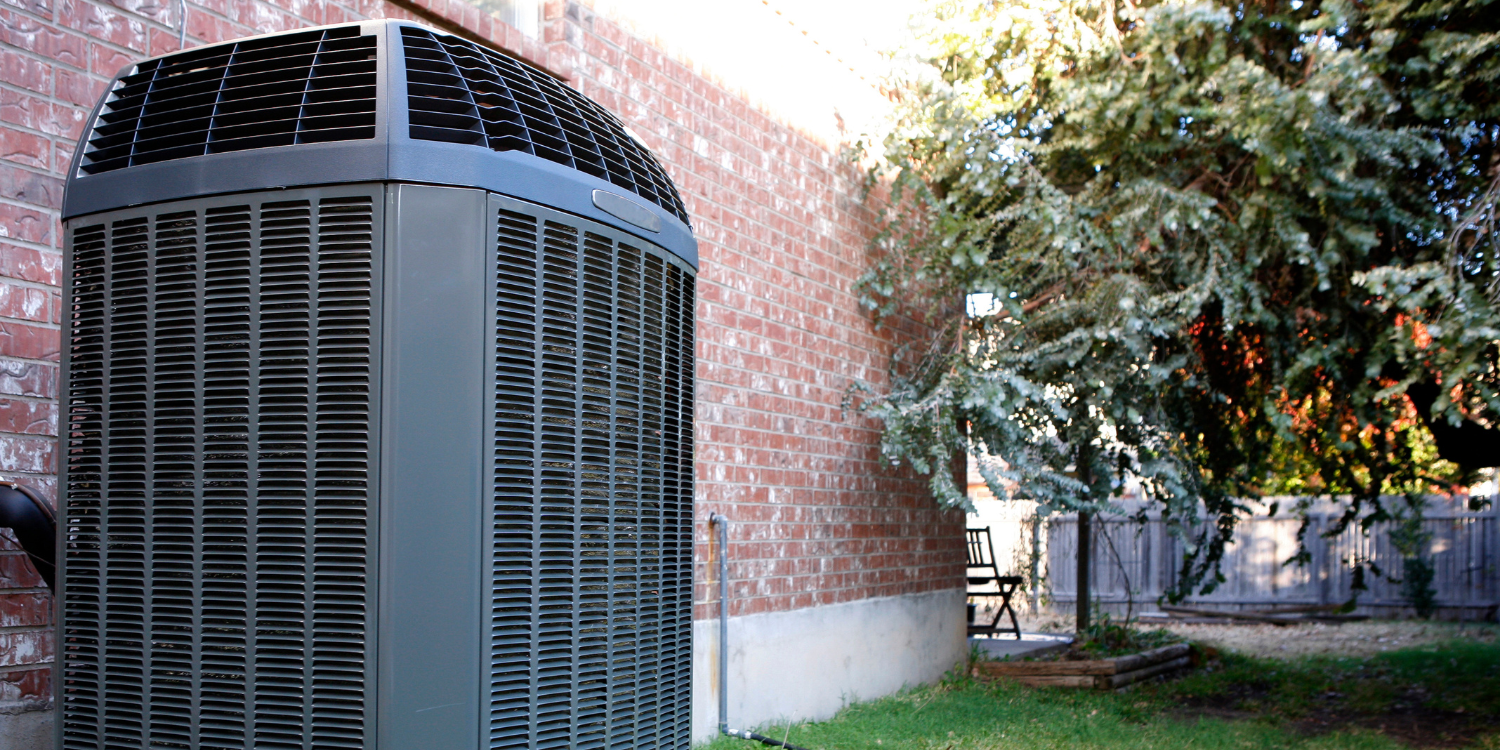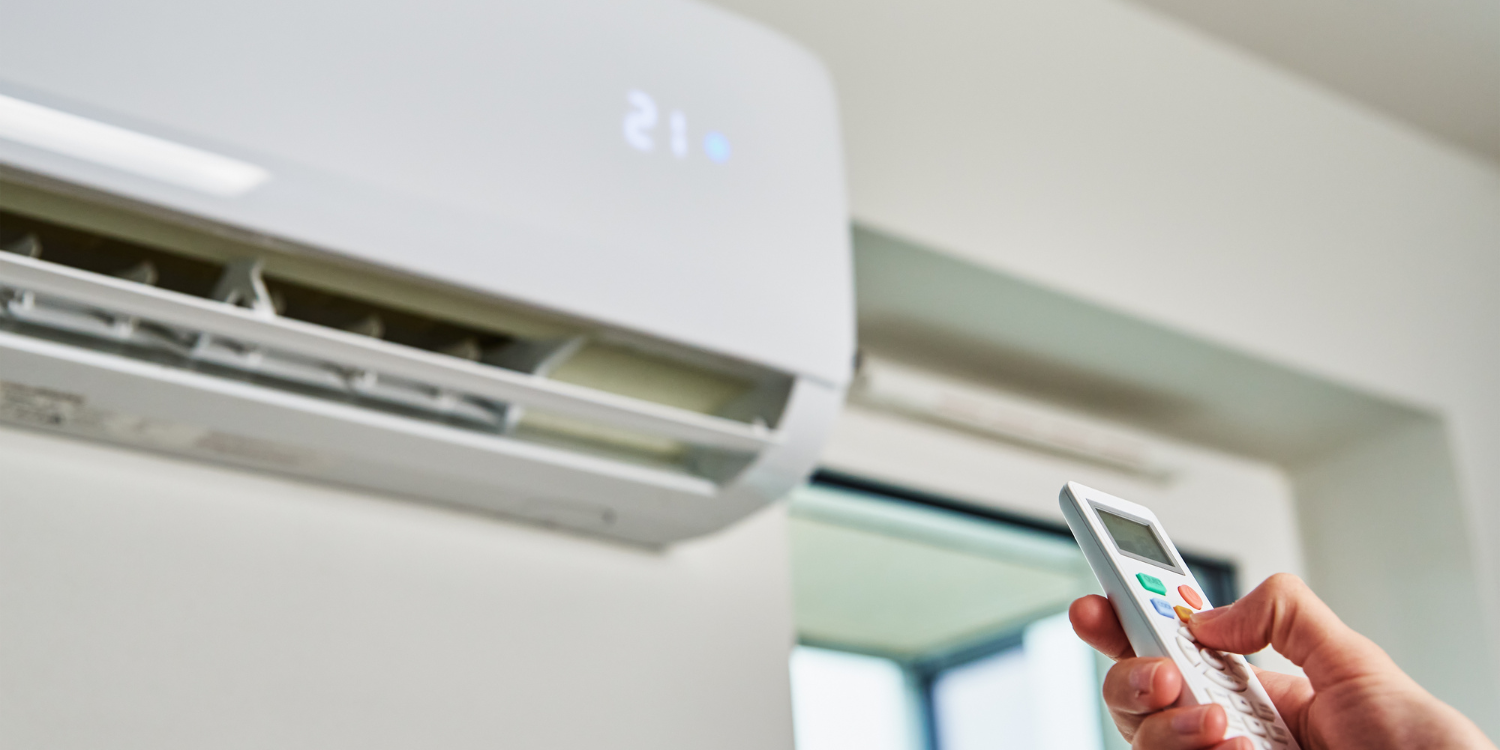
Air conditioning is not just a luxury; it’s a crucial element in maintaining home comfort, especially during hot summers. With the right knowledge, you can ensure your air conditioner runs efficiently, saving costs and extending its lifespan.
Here, we bring you a comprehensive guide to help you make the most of your air conditioning system.
What Size Air Conditioner Do I Need for My Home?
Your first step to success is choosing the right size of air conditioner. This is essential for efficiency since an oversized unit can cause frequent cycling, while an undersized one struggles to cool your home.
To determine the right size air conditioner for your home, consider both the size of your space and the unit’s cooling capacity. AC units are measured in tons or BTUs (British Thermal Units), with a one-ton unit typically suitable for about 750-1000 square feet. For instance, a 2,000-square-foot home might require a 2.0 – 2.5-ton unit.
Consulting with an HVAC professional can provide a precise recommendation based on your home’s specific characteristics, like layout, insulation, and exposure to sunlight.

Central vs. Split Air Conditioners: Which Is Right for You?
If you’re on the fence about central AC, then you may want to consider other options. For one, the choice between central and split air conditioners depends on various factors, like the size of your home, existing ductwork, and personal preferences.
Central air conditioners are best for larger homes with ductwork, offering efficient, whole-house cooling, but are costlier to install. Split or ductless systems are ideal for homes without ducts or for specific rooms, providing easier installation and individual room control, but may require multiple units for full coverage.
How Much Does Air Conditioner Installation Cost?
In Ontario, the cost of installing a central air conditioner typically ranges from $3,500 to $6,000, including the unit and standard installation. Ductless mini-split systems, an alternative for homes without ductwork, may cost between $6,100 and $8,500, potentially reaching $10,000 for larger systems with advanced features. The installation cost can vary based on the system’s size, efficiency (SEER rating), brand, and the complexity of the installation process.
What are the Benefits of Installing a Smart Thermostat for AC?
Smart thermostats offer enhanced control and efficiency for your air conditioning system, no matter which you choose.
Benefits of Smart Thermostats:
- Adjusts HVAC equipment automatically for optimal energy efficiency, potentially saving up to 15% on annual cooling costs
- Remote control via a smartphone app
- Better control for zoned cooling
- Analytics on AC usage, helping adjust habits for maximum efficiency
- Can communicate with other smart home technologies
- Predictive AC maintenance alerts

Common Air Conditioner Problems and Potential DIY Fixes
Even the best air conditioners encounter issues. Here are some common problems you might find and quick fixes you can do on your own:
- Frozen Evaporator Coil: Thaw the coil and address underlying issues like dirty air filters or low refrigerant.
- Water Leakage from AC: Unclog any blocked condensate drains or contact a pro about malfunctioning condensate pumps.
- AC Breaker Tripping: Identify and address issues like dirty filters, power surges, or capacitor failure.
- AC Refrigerant Leak: Recognize and address refrigerant leaks, typically a job for professionals due to toxicity and legal considerations.
- Blown Capacitor: Replacing one can be risky, so only do this if you’re experienced with electrical.
- AC Making Noise: Solutions can range from simple fixes to more complex repairs. Use your discretion!
Hiring a professional to service your equipment on a yearly basis can help expose some of these issues early before they become more costly problems.
Not sure you want to take on the challenge of fixing these issues? Contact Arseneau Home Comfort and a member of our team would be happy to help!
How Often Should You Service Your Air Conditioner?
Regular servicing is key to maintaining your air conditioner’s efficiency and longevity. Service your air conditioner annually, ideally in spring, before peak usage. Regular maintenance includes cleaning filters, checking refrigerant levels, inspecting electrical components, and cleaning coils.
Can I Clean my Air Conditioner Myself?
In addition to professional maintenance, proper cleaning can prevent many common air conditioner problems. Here are some tips for cleaning and maintaining your AC unit yourself:
- Regularly replace or clean air filters
- Clean the evaporator and condenser coils
- Check the coil fins for bent ones
- Unclog the rear drain
- Inspect and seal leaking ductwork
- Keep the area around the unit clear
- Schedule professional maintenance annually
Types of Air Conditioner Filters
The right air filter can significantly impact your AC unit’s efficiency and air quality. Here are different types to consider, but note that they may not all be compatible with your unit:
Types of AC Filters:
- Fiberglass Filters: Economical, disposable, and offer basic filtration.
- Pleated Filters: More efficient than fiberglass at capturing smaller particles.
- HEPA Filters: High Efficiency Particulate Air filters can remove at least 99.97% of airborne particles.
- Washable Filters: Reusable and environmentally friendly, but require regular cleaning.
Replacement and Maintenance:
- Filters should typically be replaced every 1-3 months.
- Check filters monthly, especially during high-use periods.

How Can I Improve My Air Conditioner’s Energy Efficiency
Improving energy efficiency not only reduces bills but also benefits the environment. Here are ways to enhance your air conditioner’s efficiency through simple adjustments and upgrades:
- Use a Programmable Thermostat: Set schedules to reduce cooling when not needed.
- Seal and Insulate Your Home: Reduce cooling loss by sealing windows and doors and insulating walls and attics.
- Use Ceiling Fans: Fans can make rooms feel cooler and reduce AC usage.
- Avoid Heat Build-Up During the Day: Use appliances like ovens and dryers during cooler hours.
- Install Energy-Efficient Lighting: Reduce heat emission from lighting.
- Regular Maintenance: Ensures the AC unit is running efficiently.
- Upgrade to an Energy-Efficient Air Conditioner: If your unit is old, consider replacing it with a more efficient model.
When Should You Replace Your Air Conditioner?
Knowing when to replace your air conditioner can save you money and hassle in the long run. Consider replacing your air conditioner if it’s over 10-15 years old, needs frequent repairs, is less efficient, or can’t maintain consistent temperatures.
Also, consider replacement if you notice increased energy bills or hear strange noises indicating wear and tear. Upgrading can offer improved efficiency, reduced costs, and better performance.
Ready for Efficient Cooling? Contact Arseneau Home Comfort
Don’t let air conditioner troubles keep you from enjoying a comfortable home. For expert installation, maintenance, and advice, contact Arseneau Home Comfort today. We’re dedicated to providing you with reliable and efficient home cooling solutions.
